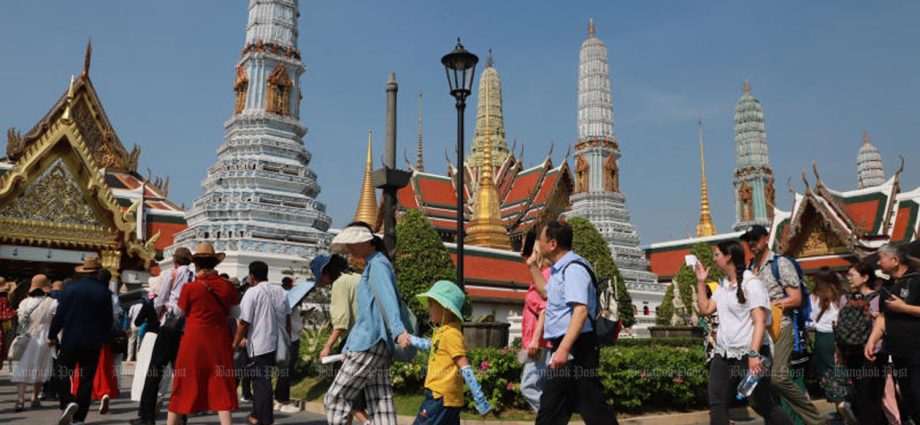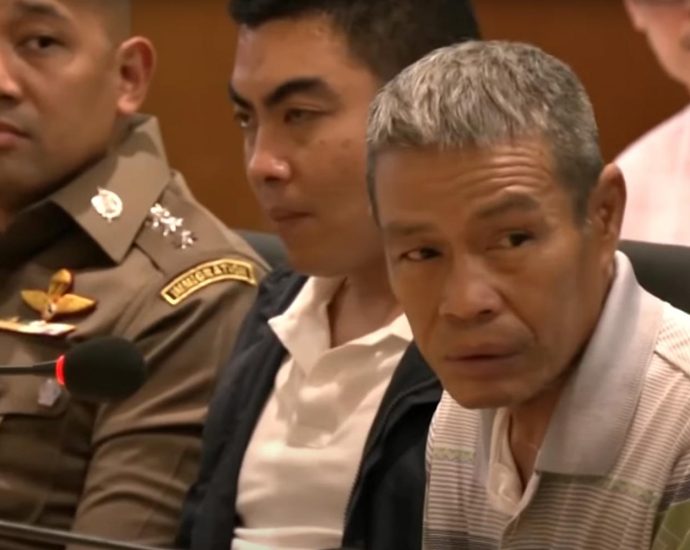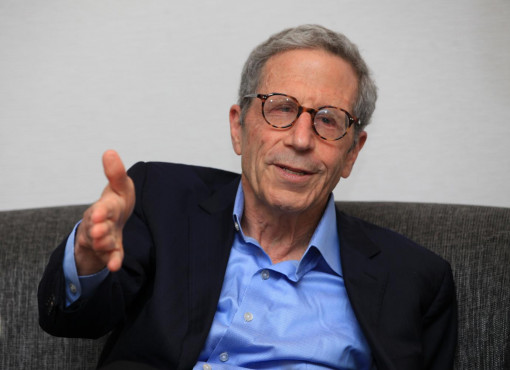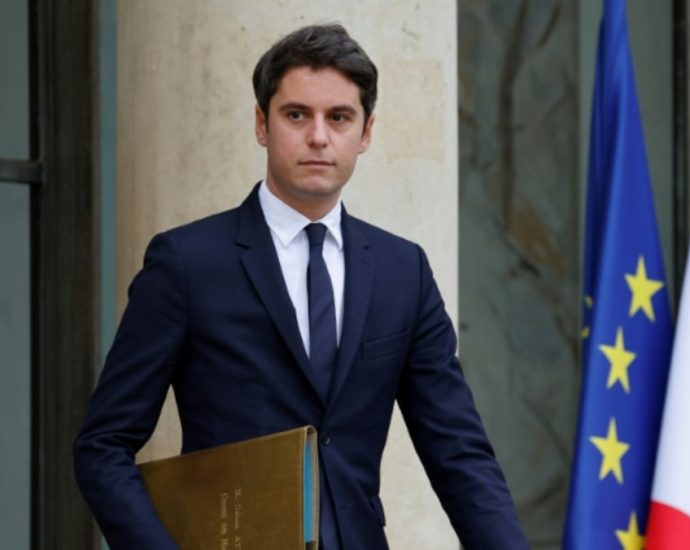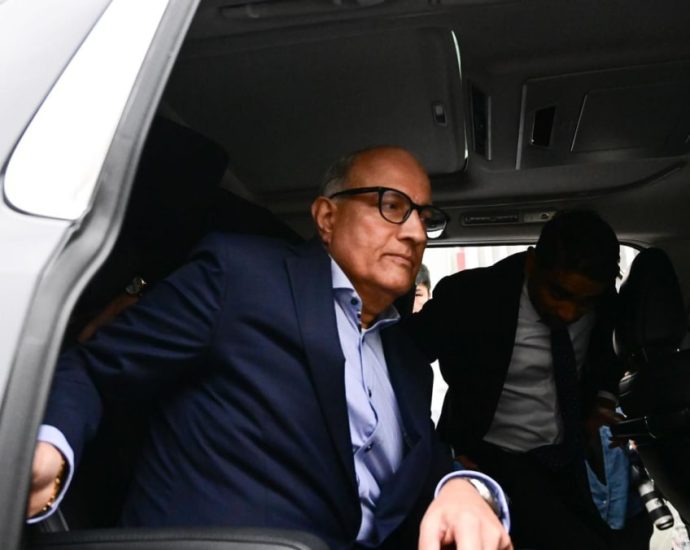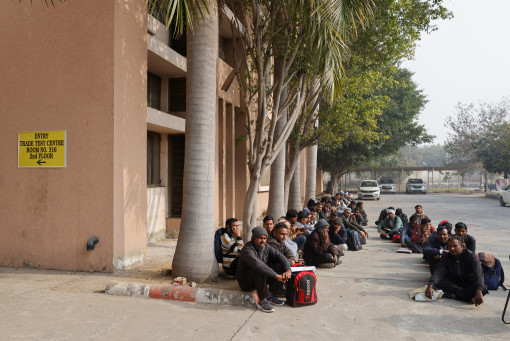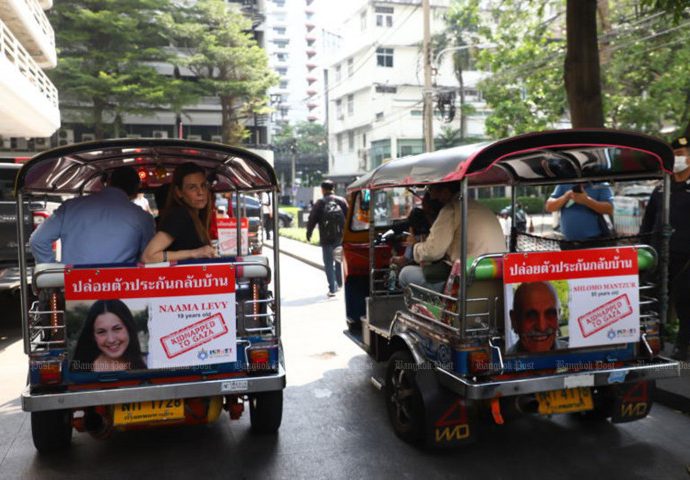Chinese, Brits rekindle desire to visit
PUBLISHED : 19 Jan 2024 at 05:41

The prime minister has praised various agencies for contributing to Thailand’s success in becoming the most popular Airbnb destination among Chinese tourists during this winter and the sixth-best destination to visit in 2024 by British daily The Telegraph.
Government spokesperson Chai Wacharonke said on Thursday that Thailand ranked first in terms of the countries most searched for by Chinese travellers on Airbnb’s hotel booking platform during the current winter season (December 2023 to February 2024).
Japan was second, followed by New Zealand, Australia, the United States, Malaysia, Indonesia, the United Kingdom, Norway and South Korea.
According to Airbnb, over 3.5 million Chinese visitors arrived in Thailand in 2023.
Five Thai cities — Phuket (1st), Bangkok (2nd), Chiang Mai (7th), Koh Samui (10th) and Pattaya (12th) — also made it to Airbnb’s list of the top 20 most searched cities in the world by Chinese tourists.
In addition, The Telegraph has ranked Thailand No.6 on its list of 20 must-visit destinations in 2024, making it the only country in Asia to make the cut.
The British paper’s top 10 lists Newfoundland and Labrador in Canada at No.1. This is followed by Bad Ischl and the Salzkammergut in Austria; the Norwegian ski slopes; Okavango Delta in Botswana; Wild Atlantic Way in Ireland; Thailand; Exmoor in England; Stirling in Scotland; Paris; and Kea in Greece.
Prime Minister Srettha Thavisin gave credit to all agencies and organisations that were involved in putting Thailand firmly back on the tourism radar, according to Mr Chai.
This reflected the resounding confidence in the Thai tourism industry, as well as the cooperation of various sectors in supporting the government’s proactive policy of restoring the industry and making the kingdom a truly world-class destination, he said.

